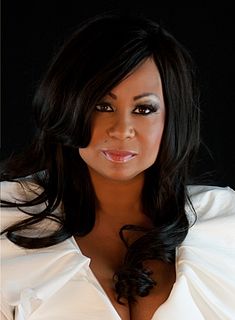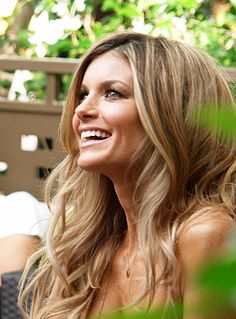A Quote by Gloria Steinem
For women... bras, panties, bathing suits, and other stereotypical gear are visual reminders of a commercial, idealized feminine image that our real and diverse female bodies can't possibly fit. Without these visual references, each individual woman's body demands to be accepted on its own terms. We stop being comparatives. We begin to be unique.
Related Quotes
By healing our internal divisions and fully accepting ourselves as we are, we learn to accept and empower our sexual core, and we learn to honor our unique expression of Masculine and Feminine gifts. We fully incarnate in our bodies, at home and at ease in a man's body or a woman's body. And we learn to love with complete abandon, as free men and women, without rules or roles or guarded hearts.
Don't make the body fit into the clothes. It really is, it's really respecting an individual and trying to cater to that individual's needs. And I guess that's what really is important for each one of us, dealing with each other in society, is look at the person in front of you, look at the individual in front of you and treat that person as a unique individual being. And I think we get along better, not just fashion-wise, but in terms of just dealing with people day-to-day.
Since the point of erotica is to offer the consumer sexual experiences without having to compromise with the demands of the other sex, it is a window into each sex's unalloyed desires. Pornography for men is visual, anatomical, impulsive, floridly promiscuous and devoid of context and character. Erotica for women is far more likely to be verbal, psychological, reflective, serially monogamous and rich in context and character. Men fantasise about copulating with bodies; women fantasise about making love to people.
Each time we deny our female functions, each time we deviate from our bodies' natural path, we move father away from out feminine roots. Our female bodies need us now more than ever, and we too need the wisdom, the wildness, the passion, the joy, the vitality and the authenticity that we can gain through this most intimate of reconciliations.
Our problem in Quebec is our summer is so short that we can't wear bathing suits, whatever, what kind of bathing suit. So I mean, we have this debate with political parties involved whether we should forbid the burkini yes or no, and this was in the media, you know, front page for days and days and days. This is wildly exaggerated. And people that don't live for instance in Montreal, where they don't have a diverse population, they think this is a real problem.
People don't care what men wear or how they look. Unfortunately for women, the music industry is very visual and objectifying. The objectification of our bodies and using our bodies to sell things needs to change. A lot of this marketing stuff comes from men, so we definitely need more women behind the scenes.
My girlfriend suggested a bathing suit line, and we are creating it together. We are calling the line Sew Unique Bathing Suits. My girlfriend and I are designing, and there will be some unique pieces. For example, you might find jewelry on some of the suits. Some of the line will just be for show - you do not swim in them.
Here are examples of real women who have done real things: good, bad, and in between. We're expanding not just the definition of the female or feminine hero, but also villains and more complex, nuanced female characters. Too often I hear men say, "I don't know how to write women." Here you go, here are five incredible women you can use to inspire your own stories.
I find it really interesting that people are shocked by the raw, natural representation of a woman and a man's body. I guess it's subverting our expectations in terms of how we've come to expect women to present themselves when they're being naked. Also the woman's and the man's role is subverted in that image. You'd expect the man to be carrying the woman.
Anytime that we - and when I say "we," I mean feminine people, trans feminine folk, women - do anything that is centered on our own pleasure or desire, it's seen as frivolous. But learning how to love your own body and finding pleasure in something that has brought you pain [in the past] is so important. I think that it's probably a greater struggle for trans folk, because we struggle more with our bodies.
Usually in theater, the visual repeats the verbal. The visual dwindles into decoration. But I think with my eyes. For me, the visual is not an afterthought, not an illustration of the text. If it says the same thing as the words, why look? The visual must be so compelling that a deaf man would sit though the performance fascinated.





































